News
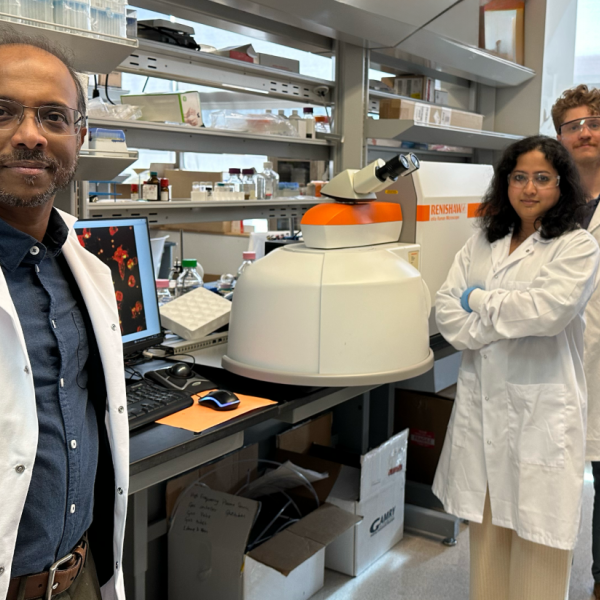
May 03, 2024
‘Better than graphene’ material development may improve implantable technology
Borophene, the atomically thin version of boron first synthesized in 2015, is more conductive, thinner, lighter, stronger and more flexible than graphene, the 2D version of carbon. Now, researchers at Penn State have made the material potentially more useful by imparting chirality — or handedness — on it, which could make for advanced sensors and implantable medical devices.
Full Article
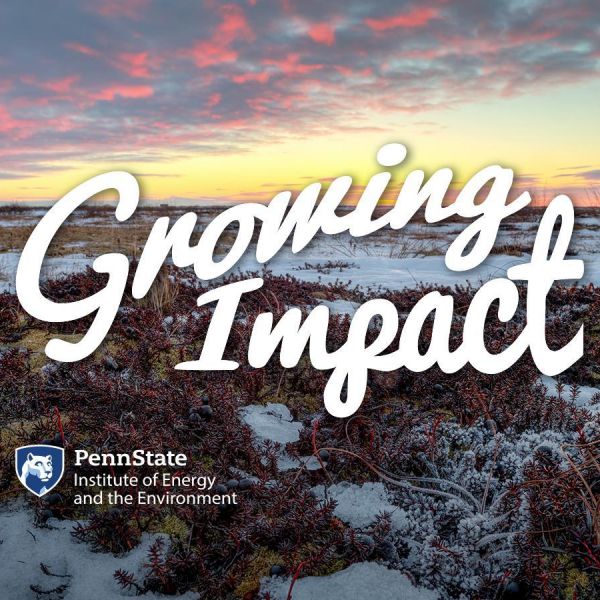
May 02, 2024
'Growing Impact' podcast explores a thawing Arctic and its impacts
The latest episode of Growing Impact discusses how thawing Arctic permafrost is affecting rivers and communities in the region. With temperatures rising globally due to climate change, landscapes in the Arctic are evolving.
Full Article
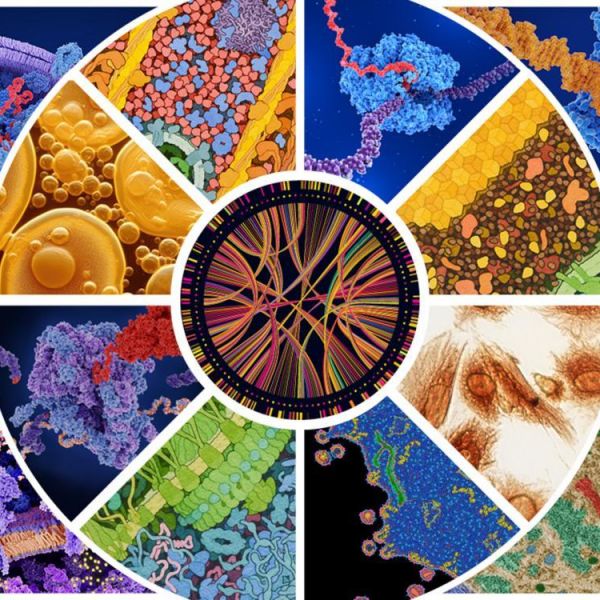
Apr 25, 2024
$20M NSF grant to support center to study how complex biological processes arise
A $20 million grant from the U.S. National Science Foundation (NSF) will support the establishment and operation of the National Synthesis Center for Emergence in the Molecular and Cellular Sciences (NCEMS) at Penn State.
Full Article

Apr 23, 2024
Penn State biologist receives new investigator award for aging–biology research
Janine Kwapis, Paul Berg Early Career Professor in the Biological Sciences at Penn State, has been selected to receive a Hevolution/AFAR New Investigator Award in Aging Biology and Geroscience Research from the American Federation for Aging Research.
Full Article

Apr 23, 2024
Engineering professor named AIMBE fellow
Patrick Drew was inducted into the 2024 class of fellows for the American Institute for Medical and Biological Engineering (AIMBE). Drew also has affiliations with the departments of biomedical engineering, neurosurgery, and biology.
Full Article
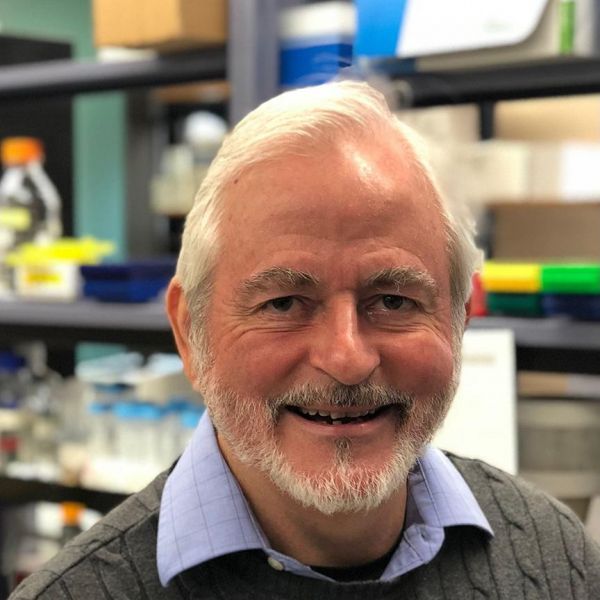
Apr 23, 2024
Penn State molecular biologist Ross Hardison named an AAAS Fellow
Ross Hardison, Academy Professor and professor emeritus of biochemistry and molecular biology, has been named a fellow of the American Association for the Advancement of Science (AAAS).
Full Article
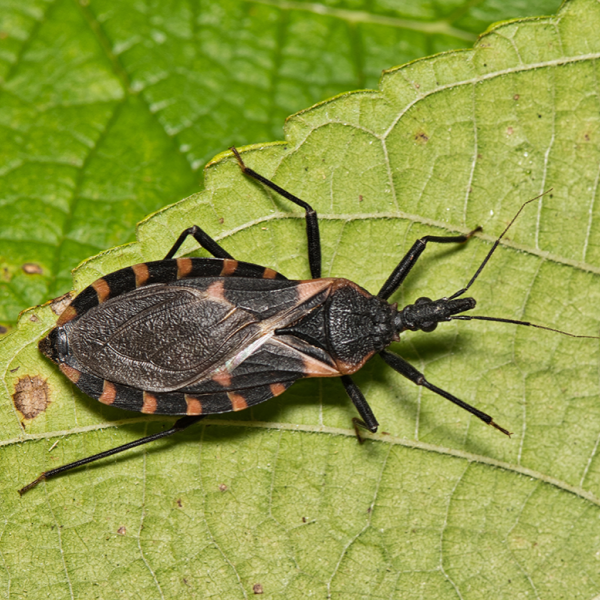
Apr 22, 2024
Kissing bugs, vector for Chagas disease, successfully gene edited for first time
Kissing bugs, or triatomine bugs, are the primary vector for Chagas disease. New research from an international team, including a Penn State researcher, demonstrates — for the first time — the use of CRISPR-Cas9 gene editing in kissing bugs and opens the door to research on applied strategies for Chagas disease control.
Full Article
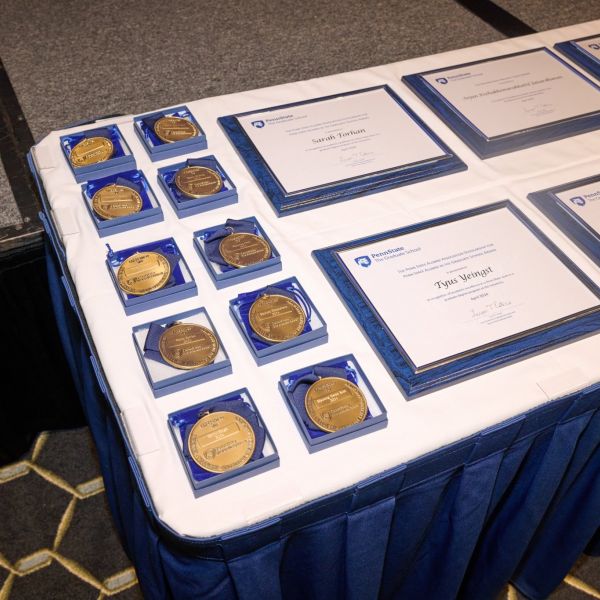
Apr 16, 2024
Huck trainees recognized at graduate school awards
Four Huck graduate students were recognized with distinctions at the recent 2023-24 Graduate Student Awards, hosted by the Graduate School at Penn State.
Full Article

Apr 16, 2024
Tracy Langkilde appointed interim executive vice president and provost
Tracy Langkilde, the Verne M. Willaman Dean of the Eberly College of Science, has been named interim executive vice president and provost of Penn State, effective April 15. Langkilde succeeds Executive Vice President and Provost Justin Schwartz, who has been named as the sole finalist for chancellor of the University of Colorado Boulder and will depart Penn State this summer.
Full Article

Apr 15, 2024
Huck Leadership Fellows selected for 2024-25
For the 2024-2025 academic year, Huck Institutes of the Life Sciences has appointed Associate Professor of Biomedical Engineering Scott Medina, Professor of Statistics Lingzhou Xue, and Associate Professor of Surgery Dino Ravnic to be Huck Leadership Fellows.
Full Article